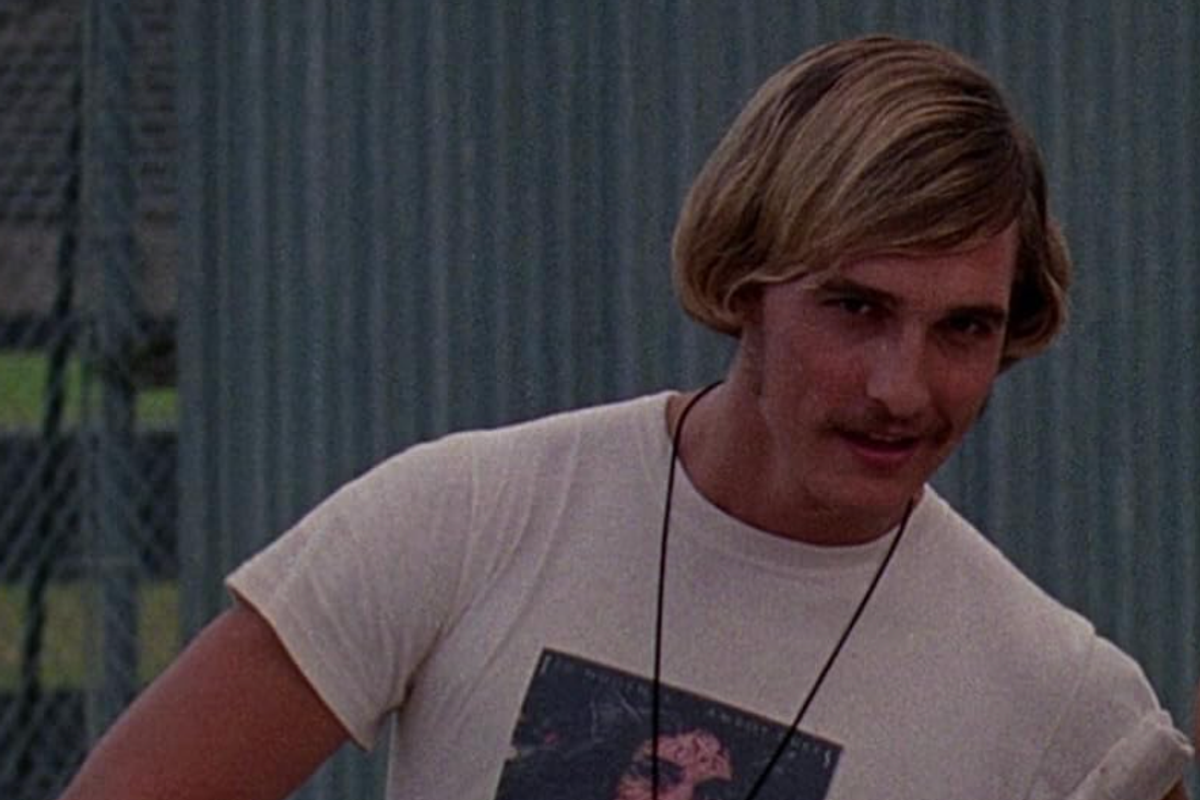Ever heard of a failure resume?
The simple but counterintuitive idea was first popularized by Stanford professor Tina Seelig. In her course on creativity and innovation, she requires students to write resumes that focus on their failures instead of their successes and accomplishments.
The personal exercise is meant to help people reshape how they view their own shortcomings and missteps — and to see them instead as experiences of growth and learning.
Photo via Alessandro Valli/Flickr.
Earlier this year, Ogilvy and Mather creative Jeff Scardino took that idea a step further and made the private exercise public.
Using his own failure resume template that he calls the " Relevant Resume," he applied for 10 positions that he considered himself qualified for. He sent in two separate applications for each position, with different names and addresses. One was his traditional resume full of accomplishments, awards, and impressive references. The other was the "relevant resume," which highlighted his "missed honors," "non-skills" (things he is not good at), and "bad references" from people who would have less-than-glowing things to say about him.
Image via Jeff Scardino/Vimeo.
And the results were pretty amazing.
The standard resume received one response and zero meeting requests. The "relevant resume"? Eight responses and five meeting requests.
Apparently, companies appreciated his creativity and honesty. But even those who saw it as a joke were intrigued enough to reach out to him. And that's never a bad thing.
You can check out the video he made recapping the experiment below. His project is just one in a string of efforts in recent years to emphasize the importance of failure. Heard any of these recently?
"Fail fast, fail often!"
"Failure is the building block of innovation!"
"Success begins with failure."
Failure is in and fear of failure is out.
And for good reason. As scientists and serial entrepreneurs know all too well, failure can lead to huge gains — and teach us a lot in the process.
But before you go out Monday morning and apply for jobs using this template or run head-first into your next loss, let me give you the "real talk" that I always long for when creatives, researchers, tech gurus, and Silicon Valley investors discuss failure so glowingly.
All failure isn't created equal.
Thumbnail image via amboo who?/Flickr.
In my experience, a person's level of comfort with failure is affected by a few factors that I don't hear failure evangelists acknowledge enough:
How wide and strong is your safety net?
What's at stake?
And how likely is it that you will be "given" another chance to try again without penalty?
Failure may be scarier for some of us than it is for others because of those factors. And rightfully so. It's much easier to quit your job, follow your dreams, and fail when you don't have mouths to feed and aren't living paycheck to paycheck. Or invest your last dime in a wild business idea if you can move back in with mommy and daddy when it fails. Or experiment at work and do something fun and crazy in a meeting that totally humiliates you when you're not already being doubted because of your gender, age, or race. Get what I mean?
So what's a no-safety-net-having, a-lot-to-lose, already-got-a-few-societal-strikes-against-me person to do? Should you always play it safe and risk nothing?
Of course not! No risk, no reward, right? You deserve all the rewards like growth, innovation, and new opportunities just as much as anyone else.
But in my personal journey as a non-Ivy-League-educated woman of color without a tremendous financial safety net, I had to realize that failure and risk might look a bit different for me than it does for the average Mark Zuckerberg.
What I think I look like in my head. Photo via iStock.
I learned that it was important to always have a strong network of emotional support full of people who understand my unique circumstances. And I learned that I don't have to risk it all to reap some benefits. Small risks — like doing something you think is a bit "too hard," trying something new, or following your dreams but with a bit more planning — are just as valuable to your growth as submitting a pretty off-the-wall resume or committing some radical act of fearlessness.
The purpose of all of this failure talk — even when it sounds lofty — is, at its core, actually pretty universal:
Don't let your fear of discomfort and negative results hold you back from taking risks that have the potential to move you forward and help you become who you want to become.
If a failure resume can help you do that, you're just one quick download away. Give it a try.



 Student smiling in a classroom, working on a laptop.
Student smiling in a classroom, working on a laptop. Students focused and ready to learn in the classroom.
Students focused and ready to learn in the classroom.
 Matthew McConaughey and Shawn Andrews in Dazed and Confused (1993)Facebook
Matthew McConaughey and Shawn Andrews in Dazed and Confused (1993)Facebook 
 A UPS truck with package deliveries.Image via Wikipedia
A UPS truck with package deliveries.Image via Wikipedia
